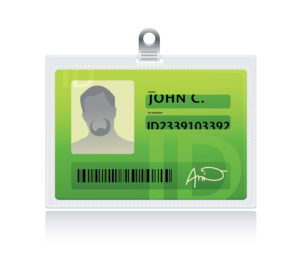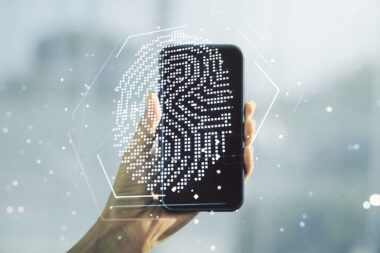
Ever since Eric Arthur Blair, or, as he’s better known, George Orwell, penned the dystopian thriller, ‘1984’, there’s been public apprehension over government surveillance and identification schemes. If you’ve read the classic novel and trembled at the thought of Room 101, you might wonder what Orwell would have made of our hyper-connected world. Luckily, we think he’d have been relieved, as the nightmarish vision of the omnipotent, omniscient Big Brother clearly hasn’t materialized. The right to privacy and access to information have been maintained.
Thanks to innovative identification solutions and strong regulation, it’s possible to create robust and secure citizen IDs without infringing upon civil liberties. Whereas in 1984 information is used to subjugate and crush resistance to the regime, modern authorities are exploring ways to protect people’s data and empower them to understand how it is used. One example is eID, which is enabling countries to develop national identification schemes, resulting in stronger trust, new rights and greater transparency enshrined in law. As the President of Estonia, Toomas Hendrik, puts it, “you own your data, so you have the right to access it any time” – the very opposite to the secretive tyranny of the Party in the Orwellian nightmare.
eID is proving so popular with national governments precisely because of its reliability, convenience and openness. First of all, it’s helping tackle document forgery, ID theft and its impact on fraud in financial and social services: costing taxpayers up to 50,000 euros per fraudulent ID.
The technology is robust. The smart e-ID card (with a microprocessor) is widely considered to be the most secure means of authentication, making it possible both to prevent identity fraud and protect citizens’ personal data in an effective way. If trillions of dollars in payments can be made safely everyday across the world through smart card-based banking, the same technology can prevent identity fraud.
Another strength of e-ID cards is convenience. An e-ID stays in your pocket or mobile phone. You can use it if you want to, and where it’s been rolled out, it’s quickly becoming the medium of choice for accessing e-Government applications. It can be used for a variety of other purposes including being a digital wallet, payment method, digital signature, authentication, or even a travel card. Advanced ID solutions are making people’s lives easier – nothing like the callous, oppressive regime in 1984.
Finally, e-ID shows why 1984 has remained a fiction because of the emphasis on transparency and access. An example of a national ID scheme empowering citizens is Belgium’s eID project. The law accompanying the distribution of e-ID in Belgium stipulates that the government should offer citizens the “My File” application, which is accessible online. It allows people to discover who has accessed their personal data. A query or complaints form is made available to citizens, who can request that the government provides a justification for accessing their personal information. The citizen can then consult their personal database during a six-month period following the recorded access.
Clearly, then, when it comes to identification and personal data, from Sweden to South Africa, from Uruguay to Malaysia, 1984 did not happen. Strong identification solutions are possible without encroaching upon civil liberties. What do you think about eID cards? If you’ve got one, how has it helped you? Let us know by tweeting to @Gemalto, or by posting a comment below.


